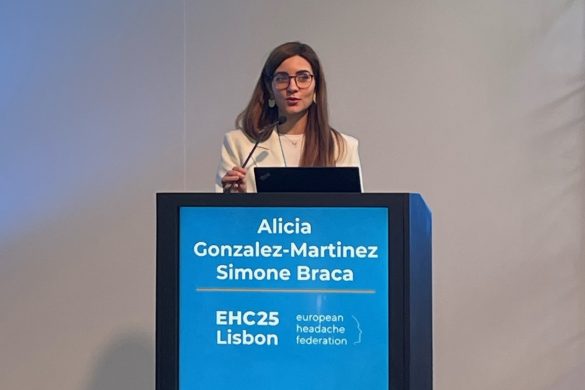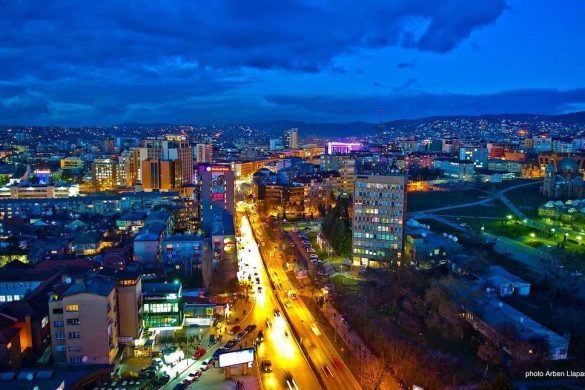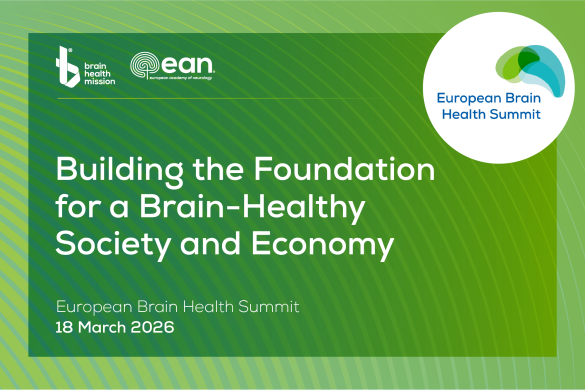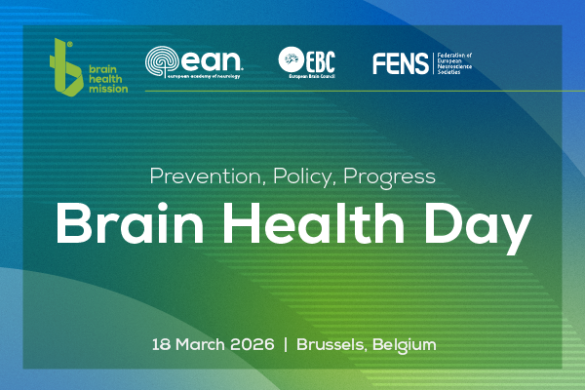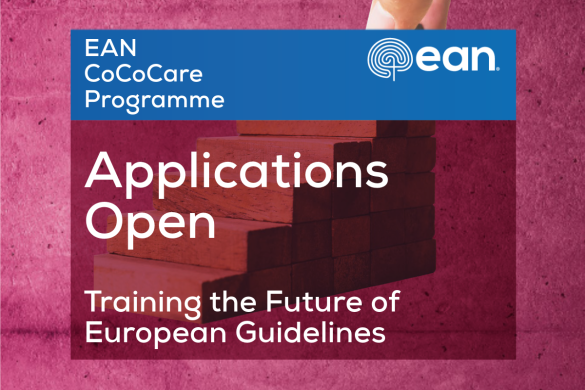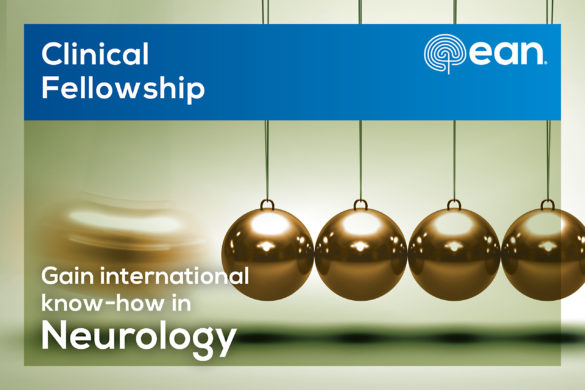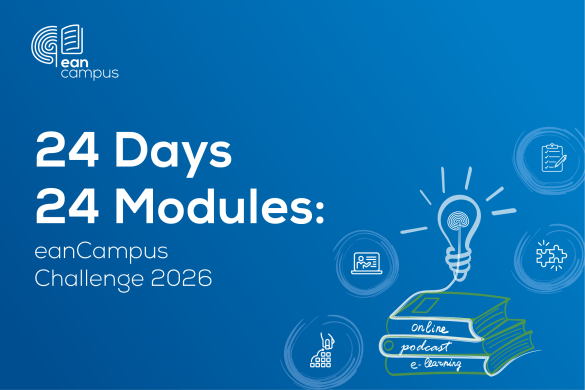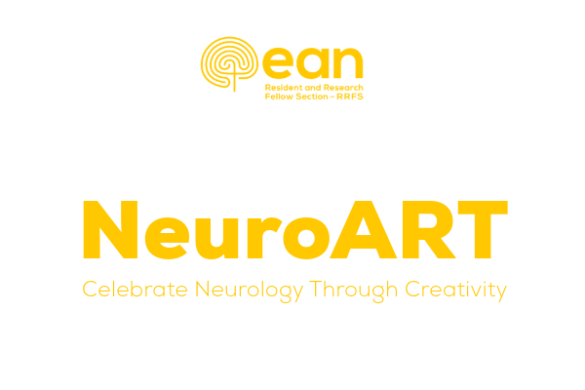Italy has been the first European country to be violently hit by the ongoing pandemic of COVID-19. Whilst devastating, luckily the measures undertaken- although considered draconian by some- avoided greater spread across the whole nation. The areas where the first outbreak took place are facing dramatic situations given the high volume of patients requiring hospital care, while in the rest of the country the spread of the virus has had less impact on hospital capacity. This discrepancy led to different experiences for Italian residents in different areas of the country: however even in the less affected regions, the pandemic induced severe changes to routine neurological training.
Given the diversity of the situations faced by trainees, we asked these questions to members of the Board of the Italian Young Neurologists Society (SIgN) that represent from a geographic point of view the varied experience of the Italian residents in Neurology.
Please tell us about your experience with the current COVID-19 pandemic in your hospital
In the most affected areas, COVID free and COVID positive neurological wards were created when the authorities started to realize the impact of the pandemic wave also among the patients already admitted to hospital. All outpatient clinics have been suspended: new patients’ appointments have been postponed, chronic patients are followed up when possible with tele-medicine approach and only limited planned treatments for selected patients were allowed. Some of the residents and young neurologists have been shifted (some voluntarily) to work in internal medicine and sub-intensive departments in order to face the shortage of doctors available. Overall bed capacity in neurological wards has been markedly reduced with union of different neurological divisions.
What is the impact of the current Codiv-19 pandemic on your neurological training?
Every class lesson was stopped. When possible, some lessons are continued through video conferences. Most clinical trials and research activities have been stopped. Since all the outpatient clinics have been stopped, residents rotations are solely on the ward with also some smart-working capacity for carrying on some outpatient activity (such as working on databases, video-conferences with patients if possible). Most PhD students and research follows are just smart-working.
What are the three most important key learning points from your overall COVID experience?
Given the different experiences faced, the learning points differ according to the area. However, we can say that there are some shared new lessons learnt from this situation: collaboration, telemedicine and resilience.
Collaboration represents the synthesis of the feeling of union between the different specialists involved in this pandemic: a sense of closeness, bond, spirit of sacrifice, and mutual growth that has characterized many experiences.
Telemedicine: maybe this is the first experience for most of the residents, and everyone is appreciating its utility, realizing the potential also for the future, when the pandemic will be over.
Resilience is the ability to cope with the upheaval of our daily lives secondary to the pandemic: social distancing, lockdown, cancellation of our plans, routines and things that we believed to be a priority. We found ourselves far from friends, family and loved ones, alone to fight the same battle. This experience is revolutionizing everyones’ lives and for young adults (despite being doctors, we are still quite young people!), this swift change brought associated anxiety and new problems to face. So, the combination of two factors, namely a difficult and risky job plus the social restrictions could be a risk factor for mental and physical burn-out. It is important to adopt strategies to preserve our mental integrity in this difficult period.

Francesco Di Lorenzo, SIgN coordinator on behalf of the Board of the Italian Young Neurologist Society (Alessandro Bombaci, Francesco Iodice, Bruna Nucera, Michele Romoli, Benedetta Storti, Sandy Cartella, Maria Tappatà, Andrea Plutino, Giacomo Sferruzza, Daniele Martinelli, Alessia Bianchi, Francesco Barbato, Tommaso Ercoli, GianMarco Abbadessa )




